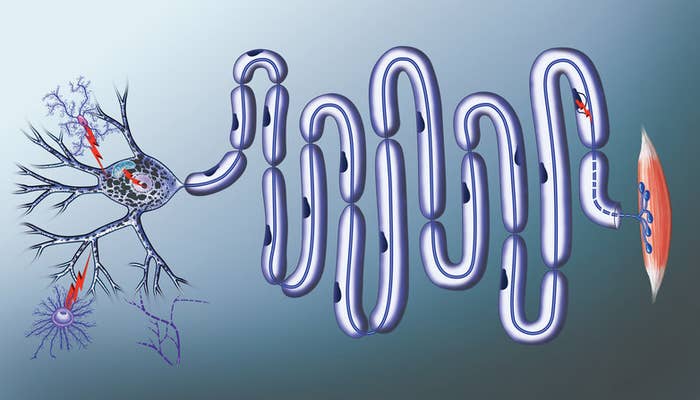Amyotrophic lateral sclerosis, or ALS, is a progressive neurodegenerative disease that affects nerve cells in the brain and spinal cord that control muscle movement.

ALS eventually leads to paralysis and death. Every case is individual, but patients typically survive for three to five years after being diagnosed.

Stephen Hawking survived for over 50 years with ALS. The reason why he lived so long is not known, but doctors point to a combination of genetic and environmental factors.


So why did Hawking's case progress more slowly than others? There isn't a clear answer. "We do not know exactly why he lived for so long and every individual's journey is different, but genes and environment play a role in the progression of the disease," Bruijn said. In addition to the possible genetic and environmental factors that could've allowed Hawking to live longer, he had remarkable access to care and advanced technology.
"If you get assistance to move and speak, the quality of life will improve — the fact that he could continue to work is a huge aspect of mental health," Bruijn said. That being said, many patients with ALS will continue to decline regardless of any treatment or technology. "It's a very complex disease and his slow progression and long life just reflects the fact that it's very variable," Bruijn said. However, Hawking was likely an exception to the rule. It is unclear which type of ALS Hawking had, and whether this was a factor.
Hawking was a major force in the ALS and science communities, and his legacy inspired people all over the world.

